SwRI engineers develop near-zero emissions diesel engine technology; 90% reduction of NOx
Green Car Congress
MAY 27, 2020
Southwest Research Institute engineers have developed the next generation of clean diesel engine technology to reduce hazardous nitrogen oxides (NO x ) and carbon dioxide emissions while minimizing fuel consumption. —SwRI Research Engineer Bryan Zavala, a member of the low NO x development team.

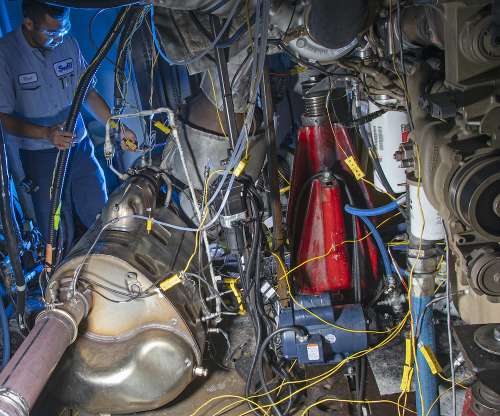


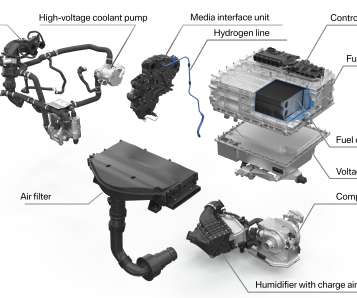




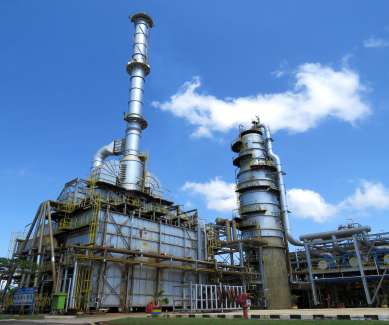


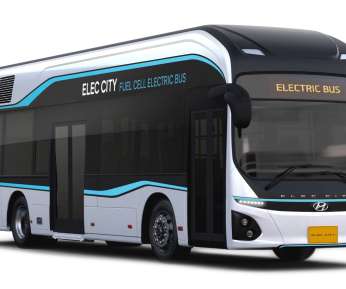


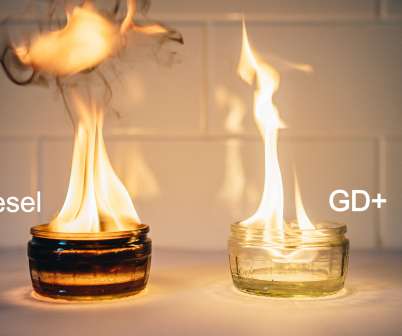






















Let's personalize your content